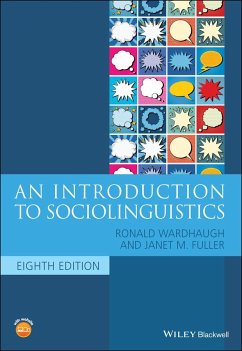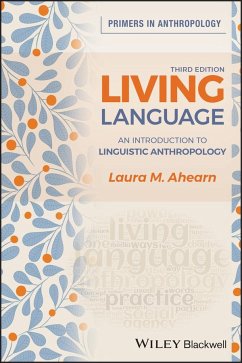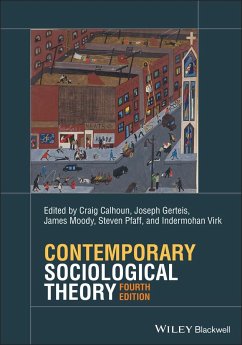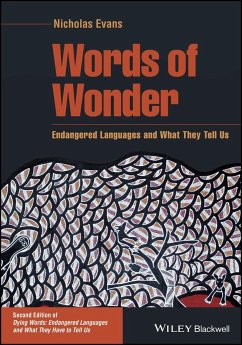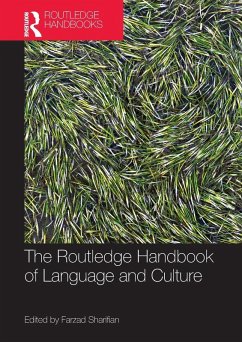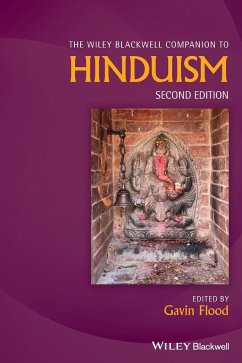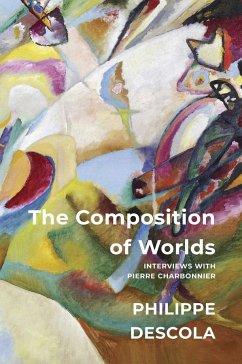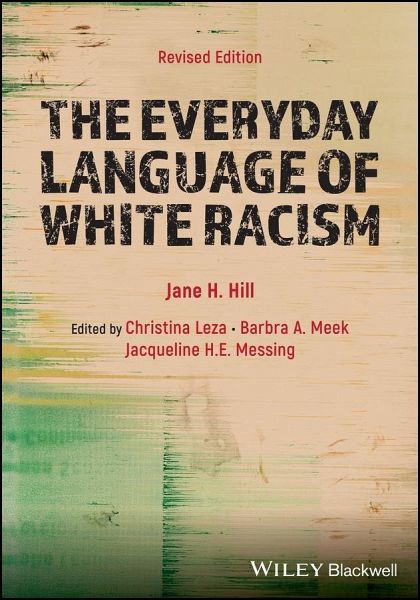
The Everyday Language of White Racism
Versandkostenfrei!
Versandfertig in 2-4 Wochen
48,99 €
inkl. MwSt.
Weitere Ausgaben:

PAYBACK Punkte
24 °P sammeln!
Brings Jane H. Hill's groundbreaking work into conversation with a broad and interdisciplinary range of contemporary literature on language and racism in the United States When it was first published in 2008, Jane H. Hill's The Everyday Language of White Racism presented an unprecedented critical discourse analysis of the relationship between language, race, and culture. Investigating the linguistic landscape through the lenses of White racial projects and the White folk theory of race and racism, Hill revealed the underlying racist stereotypes that permeate White American culture to this day....
Brings Jane H. Hill's groundbreaking work into conversation with a broad and interdisciplinary range of contemporary literature on language and racism in the United States When it was first published in 2008, Jane H. Hill's The Everyday Language of White Racism presented an unprecedented critical discourse analysis of the relationship between language, race, and culture. Investigating the linguistic landscape through the lenses of White racial projects and the White folk theory of race and racism, Hill revealed the underlying racist stereotypes that permeate White American culture to this day. Now in its second edition, The Everyday Language of White Racism provides up-to-date resources for analytical conversations on the racial issues that continue to limit and endanger BIPOC individuals and communities. New academic essays by leading scholars address topics such as racial profiling, police violence, linguistic appropriation, White nationalism, White fragility, and various forms of systemic racism within Hill's broader theoretical framework. Editors Christina Leza, Barbra A. Meek, and Jacqueline H. E. Messing provide new chapter-by-chapter annotations that clarify and contextualize theoretical concepts, new discussion questions focused on contemporary racial issues, and recent statistical data on U.S. racial gaps in a variety of categories. Including access to a companion website with additional resources, The Everyday Language of White Racism, Second Edition remains an essential textbook for undergraduate and graduate courses on critical race studies and linguistic anthropology across the humanities and social sciences.




